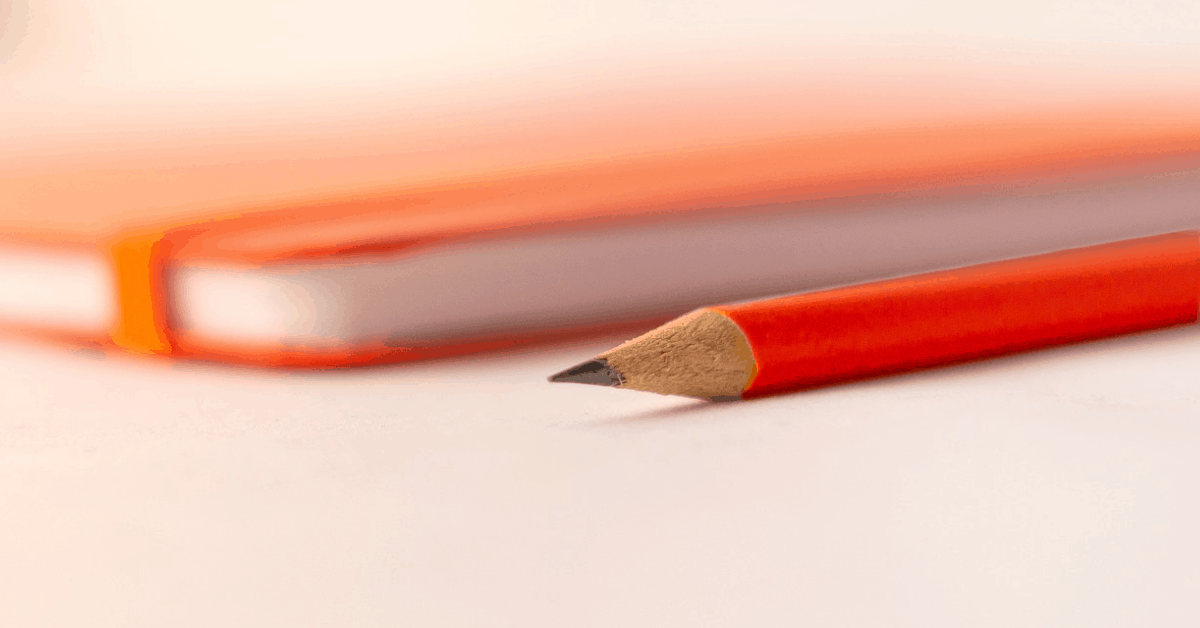What I Wish People Knew About Education
Five year old students feel prepared when they bring the necessary school supplies to school. Teachers spend countless hours introducing students to the process of learning curriculum, developing social skills, and sharing the experiences of working in a group. We all want these young learners to grasp all that is introduced and to have the necessary skills to understand, retain, and apply this newly learned information. For some students, this is a struggle. The reasons are many and are often found outside of the school experience. Educators are very skilled at supporting students who struggle more than we want. With…











